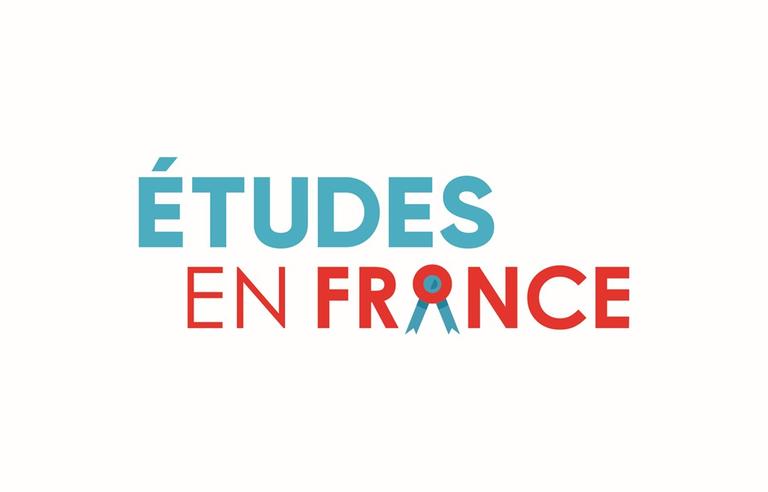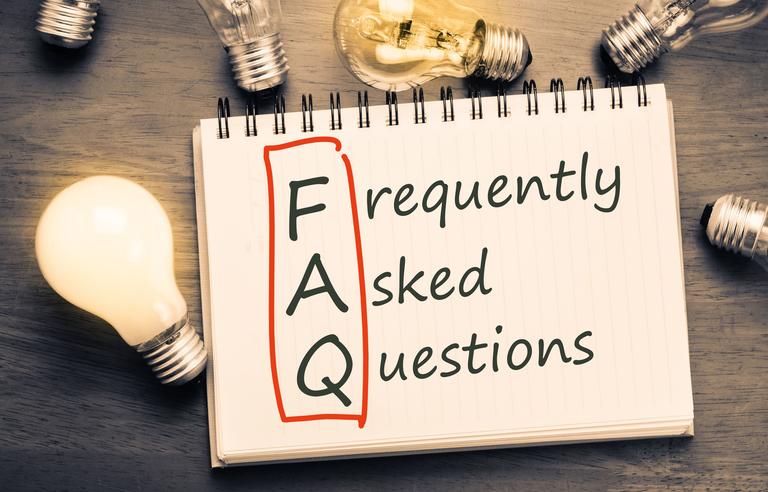How to write a CV and Motivation Letter?
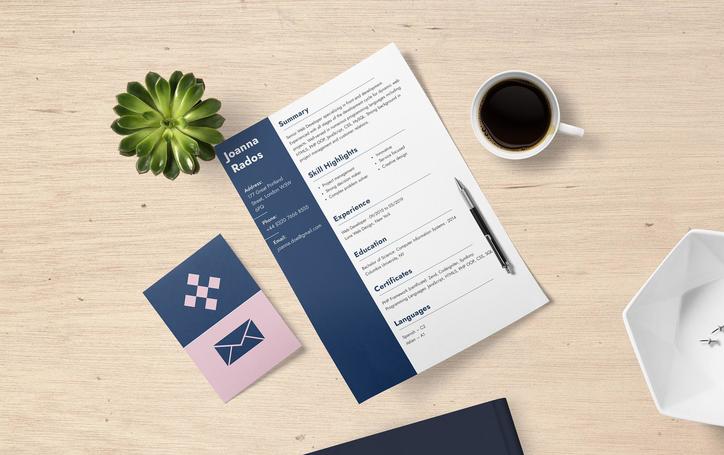
Discover our tips for perfecting your application and showing recruiters the best of you!
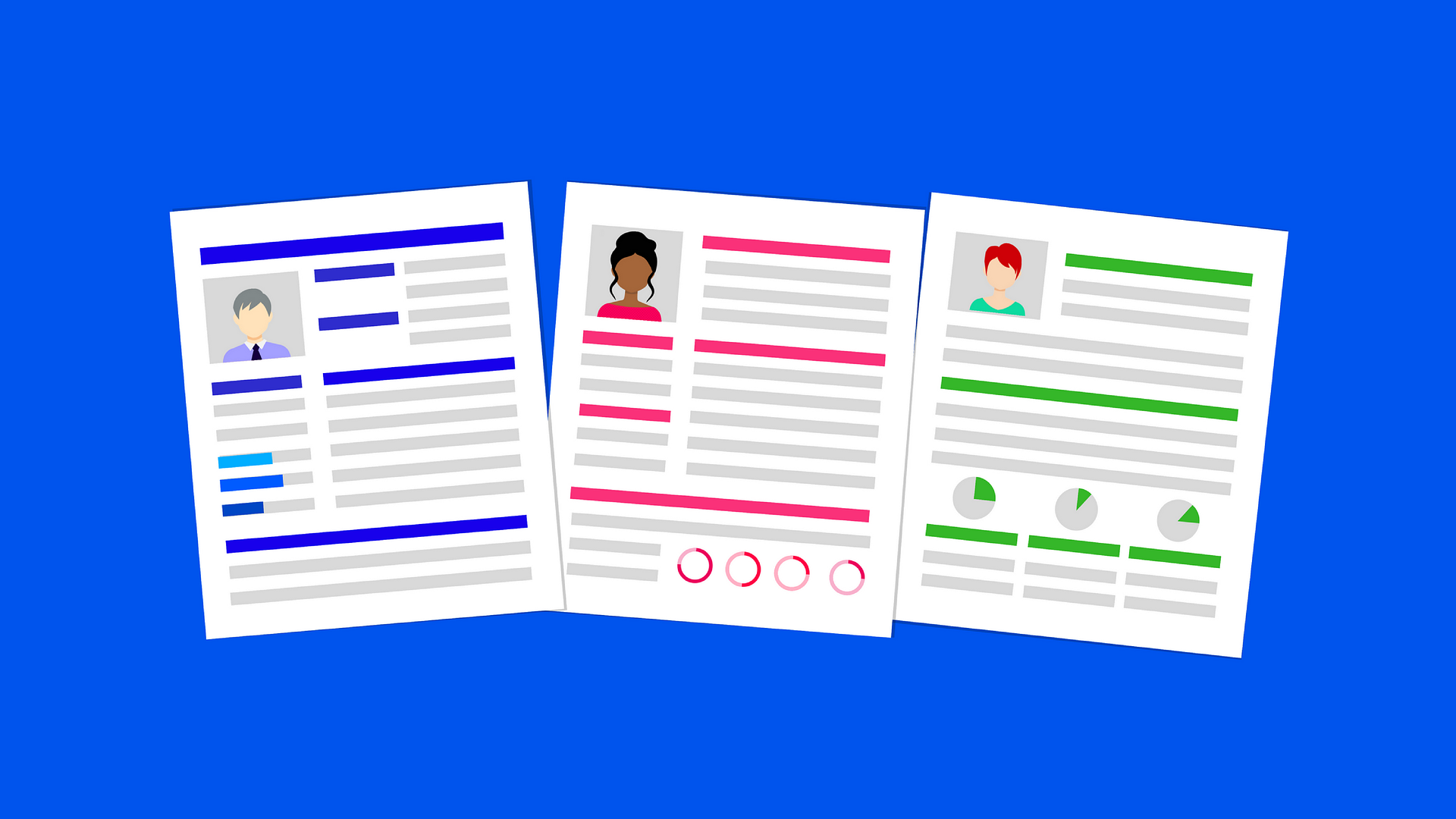
How to write a CV?
The CV (curriculum vitae) is a document that is intended to present your know-how to an identified audience. It highlights your skills and answers the following question: how does my background as a pupil and/or student correspond to my application to study in France? Simply put, it presents you in the best light!
The contents and format of a CV
There are two parts to your CV: the contents and the format.
The format is what is seen first. Your CV should be short, readable, attractive, colourful and pleasant to read.
Preferably, your CV should be 1 page, written in a classical font (Arial or Times New Roman in size 11 or 12) on a white background.
The content is what gives meaning, what is essential. Your CV should express your identity and your background, make the reader want to know more, to ask you questions. Beware of spelling mistakes! Have someone you know proofread it.
In a good CV, the recruiter finds all the information that is useful at a glance. You have to be eye-catching, clear and concise. Always put yourself in the shoes of the person who is going to read it and who does not always have much time. Don't forget that the CV is a pre-selection tool to get an interview.
The essential sections of a CV
The introduction
Start your CV with an introductory sentence or two about who you are to attract attention. This can be a simple headline, your personal statement or you can also develop a quick presentation, making sure you are clear and concise. Mention your experience if it is significant, your field of specialisation or strengths, the responsibilities you can take on and/or your professional objective.
The headline serves to distinguish and therefore enhance your CV.
Personal information
Place your personal information at the top left of your CV:
- first name and SURNAME (in capital letters),
- address,
- date of birth,
- nationality,
- e-mail address,
- phone (specify What's App and Viber),
- *your digital footprint, your presence on social networks (be careful what they might find about you!)
To not risk being left out, avoid fancy email addresses: achiever365@gmail .com, and be careful with avatars (favourite dog, nickname).
Your education and skills
Qualifications, education and training (including DELF-DALF) - Give an overview of your education, starting with your most recent university degree, before listing previous degrees in chronological order. Indicate the type and title of the degree, the name of the institutions, the subjects of the thesis or dissertation you have written and the year of completion.
Work experience, internships in companies, associations and NGOs - If you are a recent graduate, you may not have much to mention in this section. In this case, you can mention your voluntary work experience, your unpaid jobs or your extracurricular activities.
Personal skills (strengths, motivations, soft skills),
Office tools / digital skills,
Languages spoken,
Hobbies and interests - This section of your academic CV is not compulsory. You should only include it if you feel that your hobbies and interests support your application and are relevant to the position you are applying for. Highlight hobbies that have potentially contributed to the development of your technical and interpersonal skills. Do not be too generic if you choose to add this section to your CV. Rather than stating that you like sport, mention the sports you play, the number of years you have been playing and whether you compete. If you mention that you like reading, specify what kind of books you read and who your favourite authors are.
Don't write anything that you can't easily justify if you are asked a question. For example: what was the last book you read?
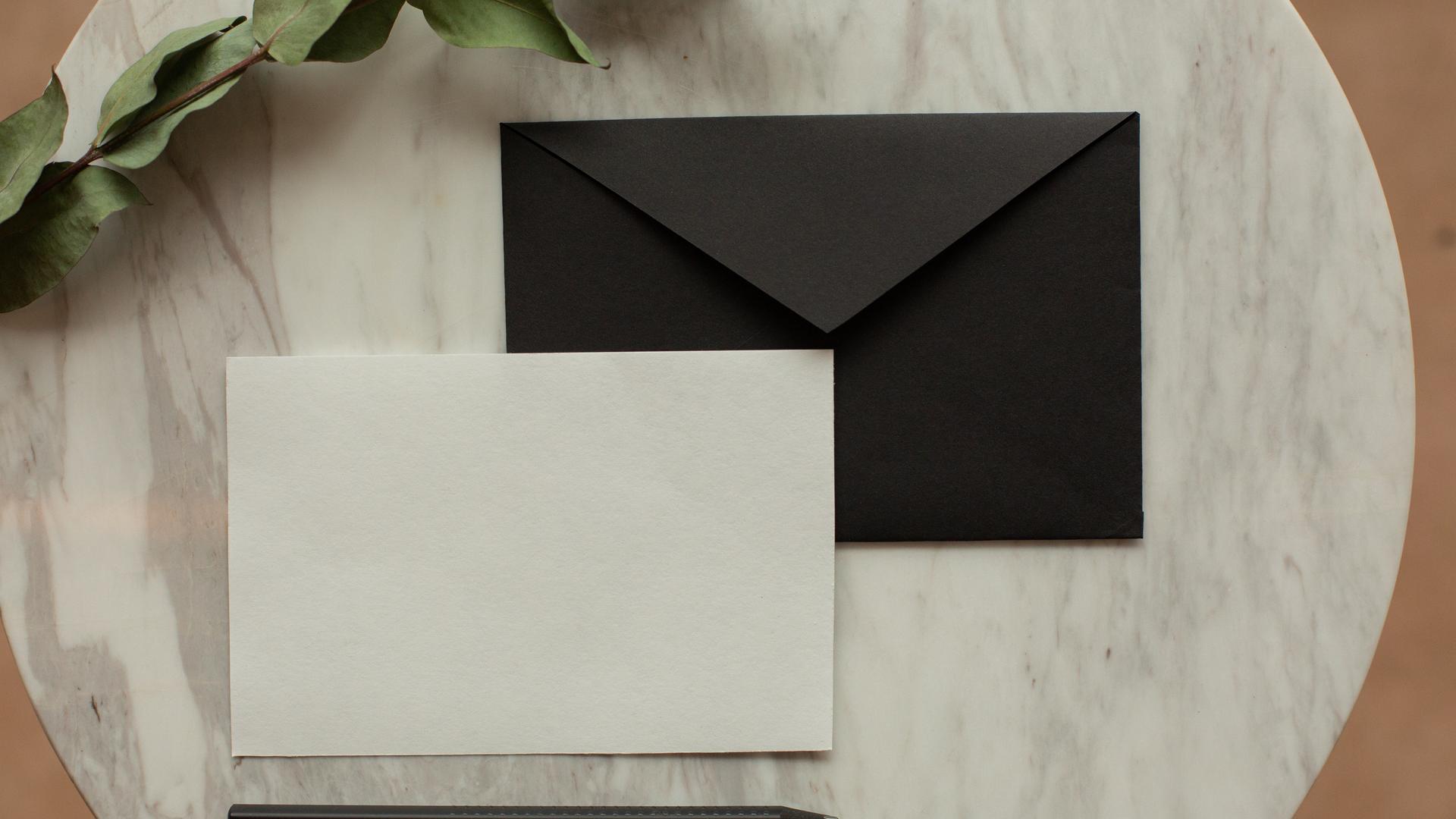
How to write a motivation letter?
The motivation letter, also known as the application letter or cover letter, highlights the skills and qualities of the candidate necessary for the success of his/her professional project. The letter is an essential tool for structuring your speech during the interview.
The format and contents of a motivation letter
In terms of format, you should state your surname, first name, nationality, e-mail address and telephone number. Underline your subject: Motivation letter for admission to L1 (L2, Master, ... ).
Don't forget to use a classic font such as Arial or Times New Roman, it is also important to justify paragraphs (rather than left-align) and use accents if writing in French. Respect spelling and syntax and avoid too many bold characters.
Regarding the content, the addressee/ recipient must be specified, the purpose must be given and the plan must be stated.
Look for templates for addresses and formal greetings. To write a successful cover letter, you should think about your plan before you start writing.
Our advice:
General rules to follow for your cover letters: number of pages, clarity, personalisation, keywords and formal greetings.
Keep in mind:
1 page, not more
A motivation letter should never be longer than one page, the opposite would be a sign of a lack of synthesis and would not motivate the recruiter to read it.
No spelling mistakes
Spelling is of the utmost importance: be aware that at the first mistake, 90% of recruiters stop reading your letter.
Transparency
Try to show off, but don't be disingenuous, as this will not help and could embarrass you at the interview or even afterwards.
Clarity
Get straight to the point in your letter, no need to paraphrase to make your letter a little longer. Give strong arguments that are consistent with your profile, your objective and the offer you are responding to.
Relevance and personalisation
Show that you have done your homework and that you do not write the same letter to every university you apply to.
Be original in your cover letter to stand out from the crowd, and your letter will have a greater impact (but without going overboard!).
Motivate and engage the reader
Your letter should be positive and should motivate the recruiter to meet you.
Politeness
Be courteous and polite: always end your cover letter by saying that you are at the reader's disposal for further information and by concluding with the standard formal greeting.












